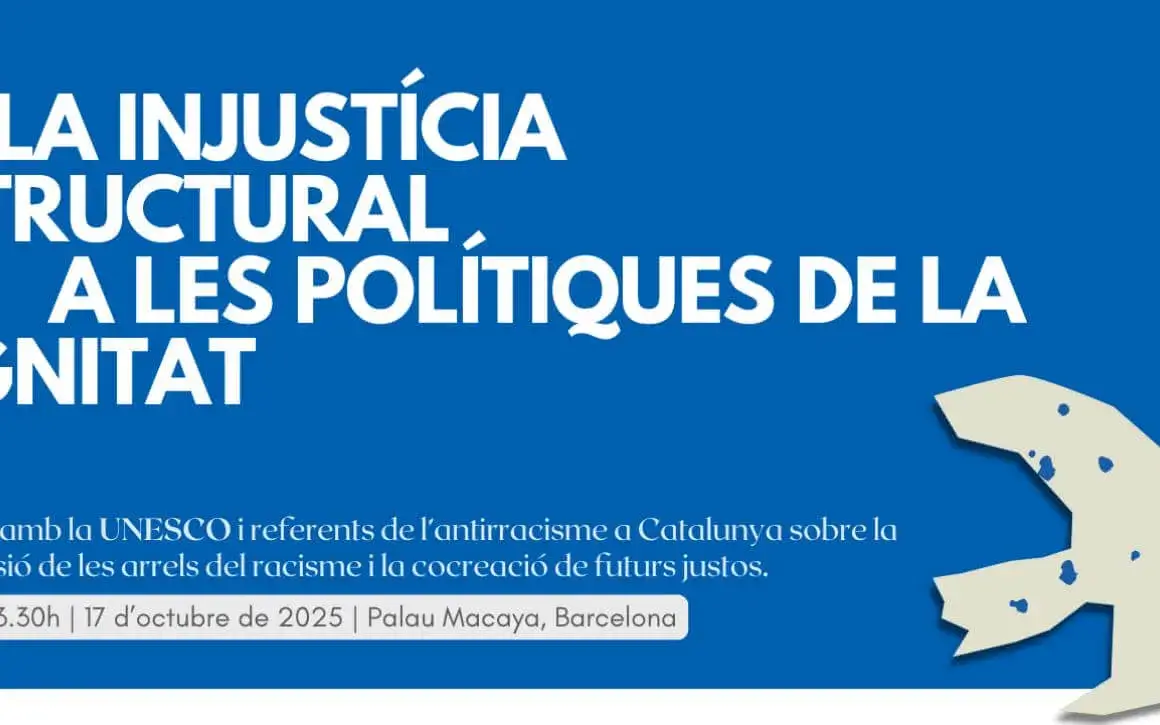
Experts and activists gathered at Palau Macaya to discuss how systemic injustice shapes modern societies.
The colloquium highlighted community-led initiatives in Catalonia that promote dignity, equality, and social transformation.
Leading voices from Catalonia’s anti-racist movements met today at the historic Palau Macaya for the colloquium “From Structural Injustice to Policies of Dignity,” co-organized by Catesco and UNESCO. The event explored how contemporary power structures perpetuate racial inequalities and how education, dialogue, and community action can foster dignity and justice for all.
The program began with an inspiring conversation led by Aliou Diallo, educator and researcher on institutional racism at the University of Girona, featuring representatives from Afrocat and Mini Copa d’Àfrica. These grassroots initiatives demonstrate how sports and local engagement can challenge discrimination and strengthen social cohesion in Catalonia.
The main panel brought together prominent academics and activists: Scherto Gill, Director of the Global Humanity for Peace Institute at the University of Wales and coordinator of the UNESCO Collective Healing Initiative, moderated the discussion. Participants included Desirée Bela-Lobedde, writer and Afro-feminist activist; Eunice Romero, political scientist and expert on identity and migration; Déguène Seck, international law specialist; Jenabou Dembaga and Nora Bartolo, sociologists focused on contemporary migration; and Leyao Rovira, founder of No Me Llames Chinita and member of Barcelona’s Anti-Racist Plan Advisory Council.
A key part of the event was an open dialogue on “Co-creating Just Futures,” where attendees exchanged ideas on collective responsibility and the transformation of social structures.
The colloquium concluded with the presentation of “Youth for Memory, Reparation, and Anti-Racist Justice,” a new joint initiative by UNESCO and Catesco aimed at empowering young people to preserve memory, promote equality, and drive systemic change.
By connecting local experiences in Catalonia with global conversations on structural injustice, the event reaffirmed UNESCO’s commitment to advancing human dignity, intercultural understanding, and inclusive societies worldwide.


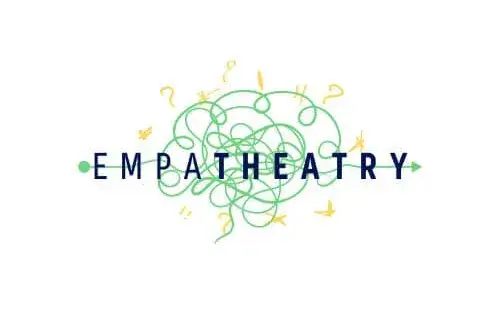
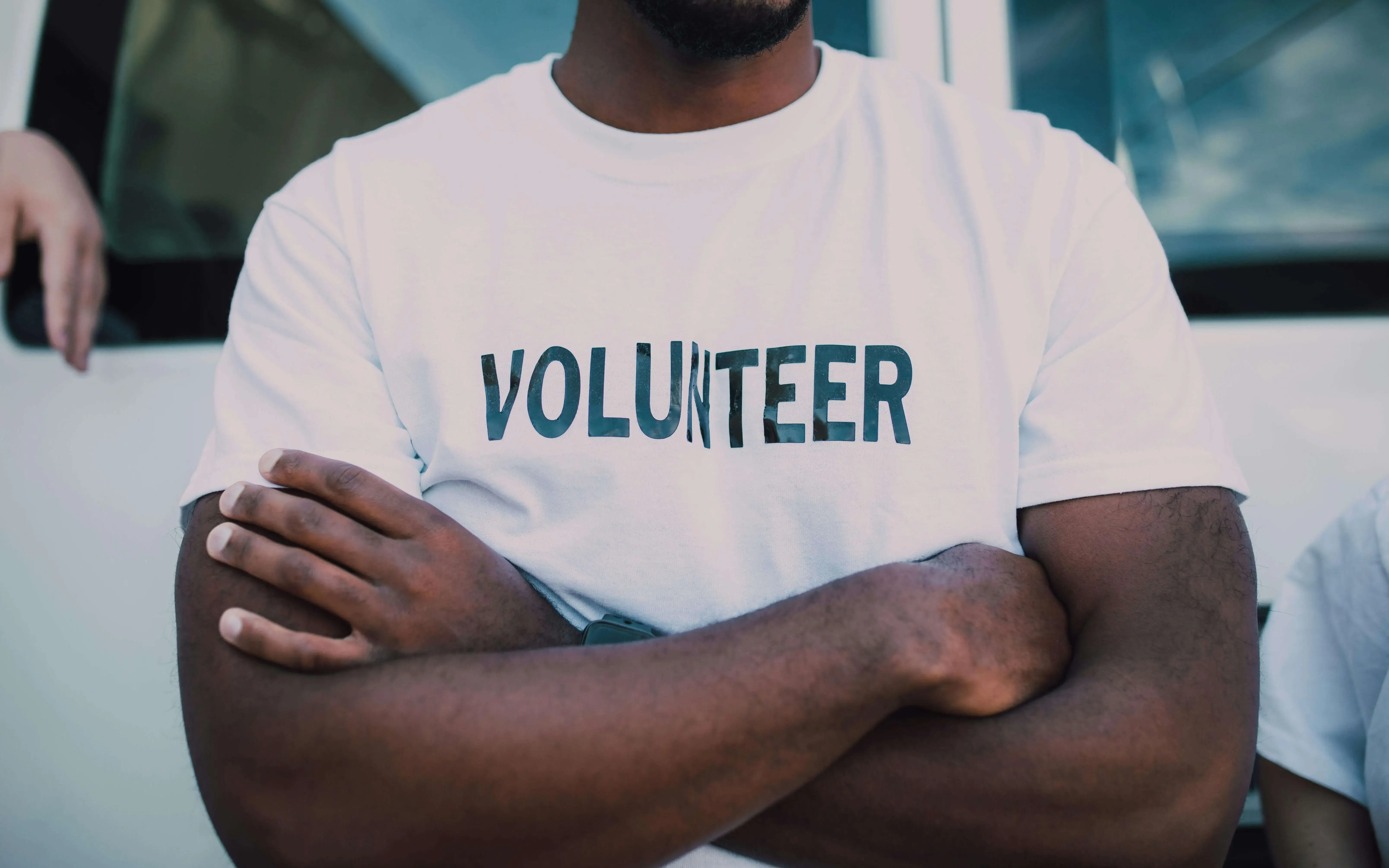
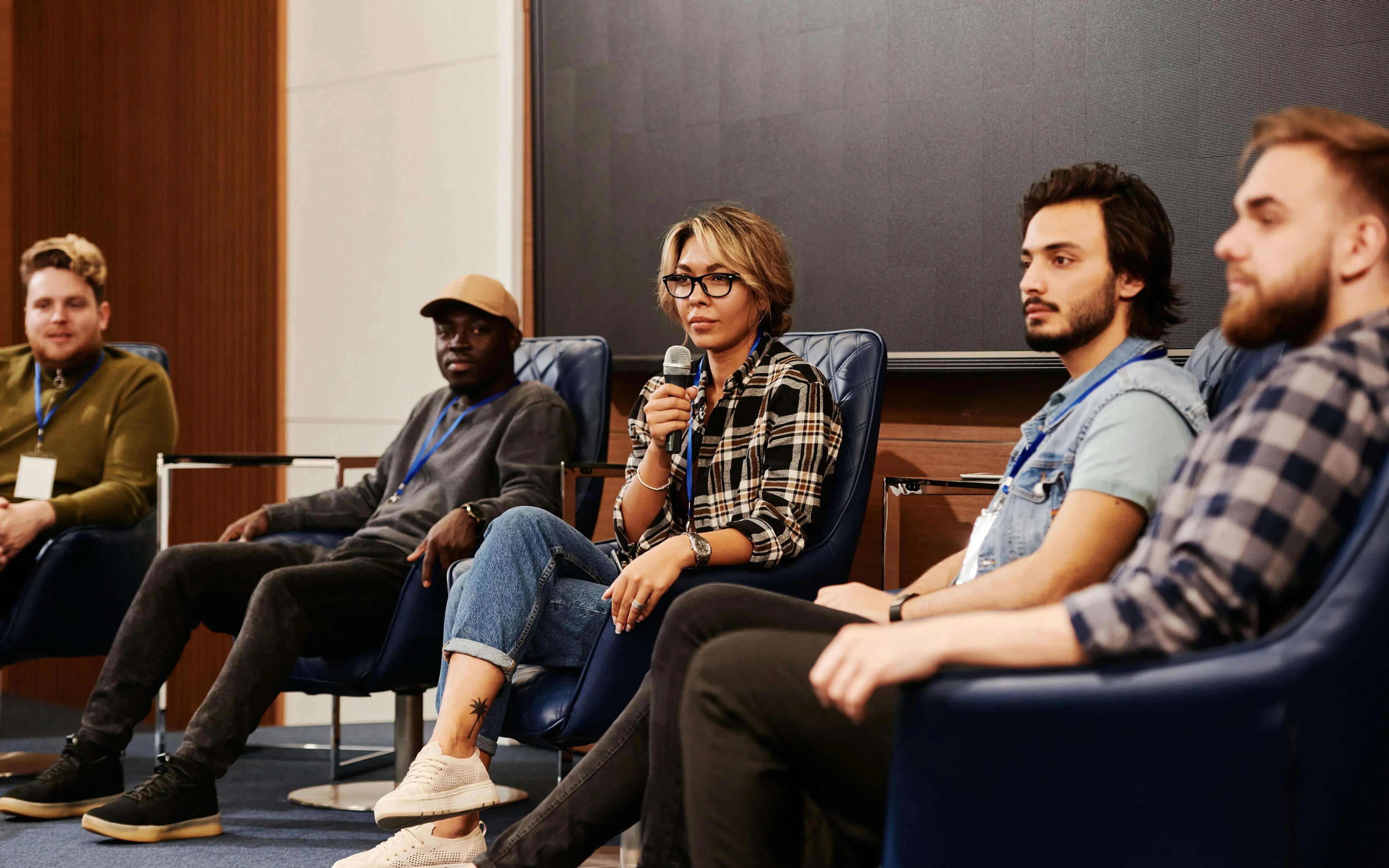
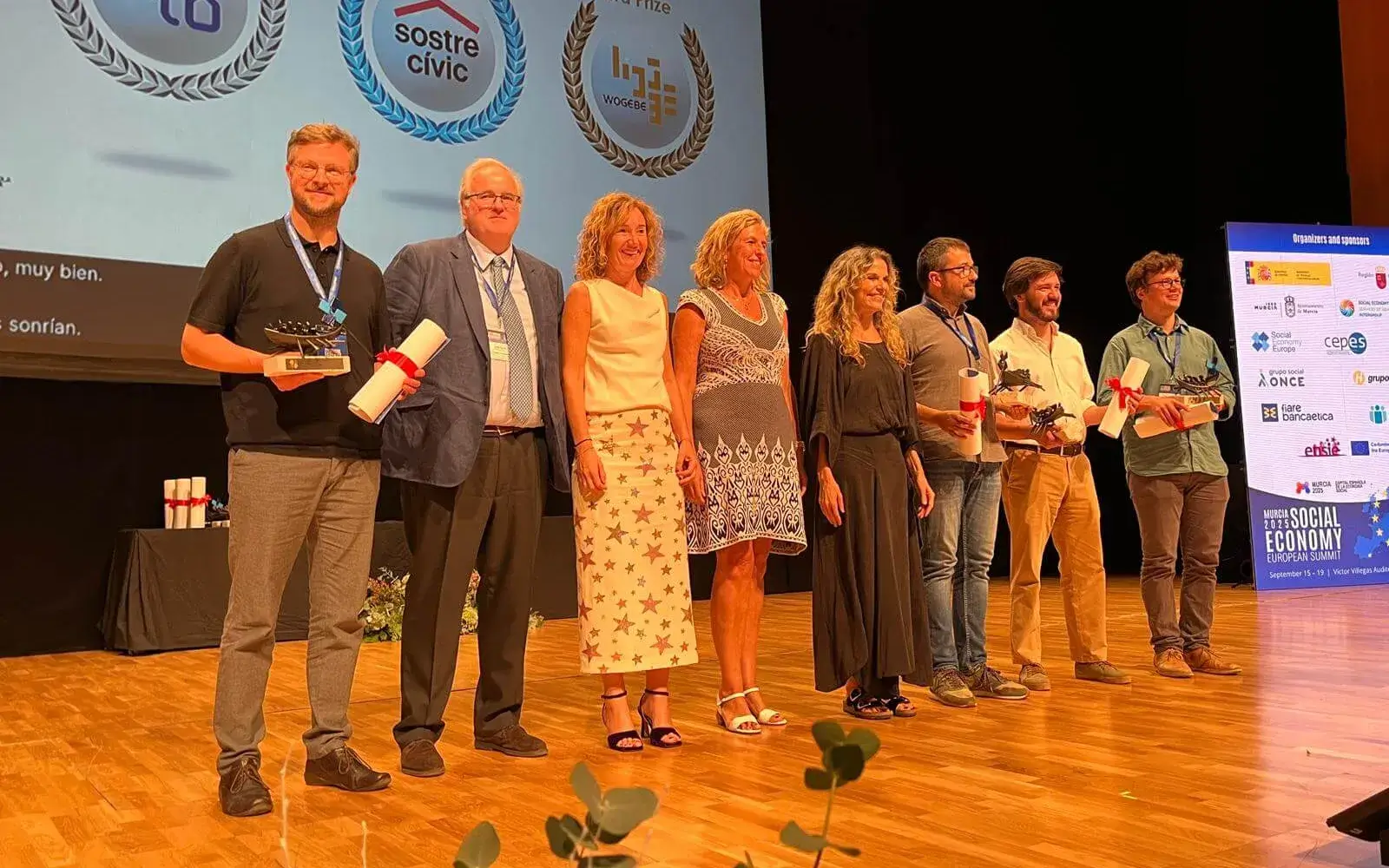
Add new comment